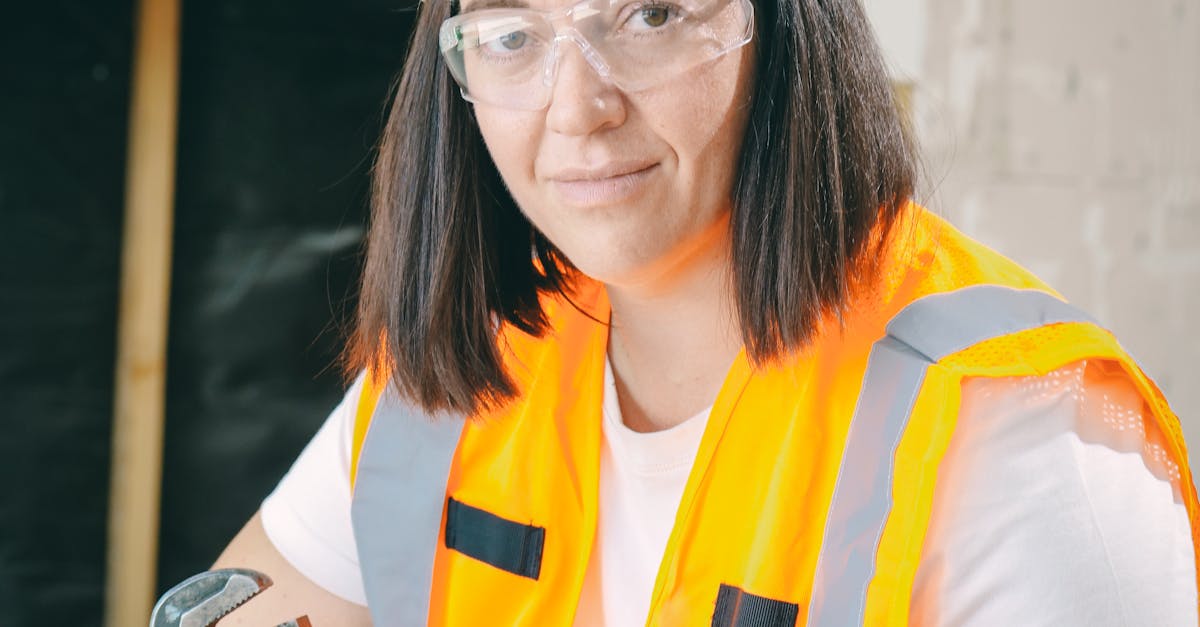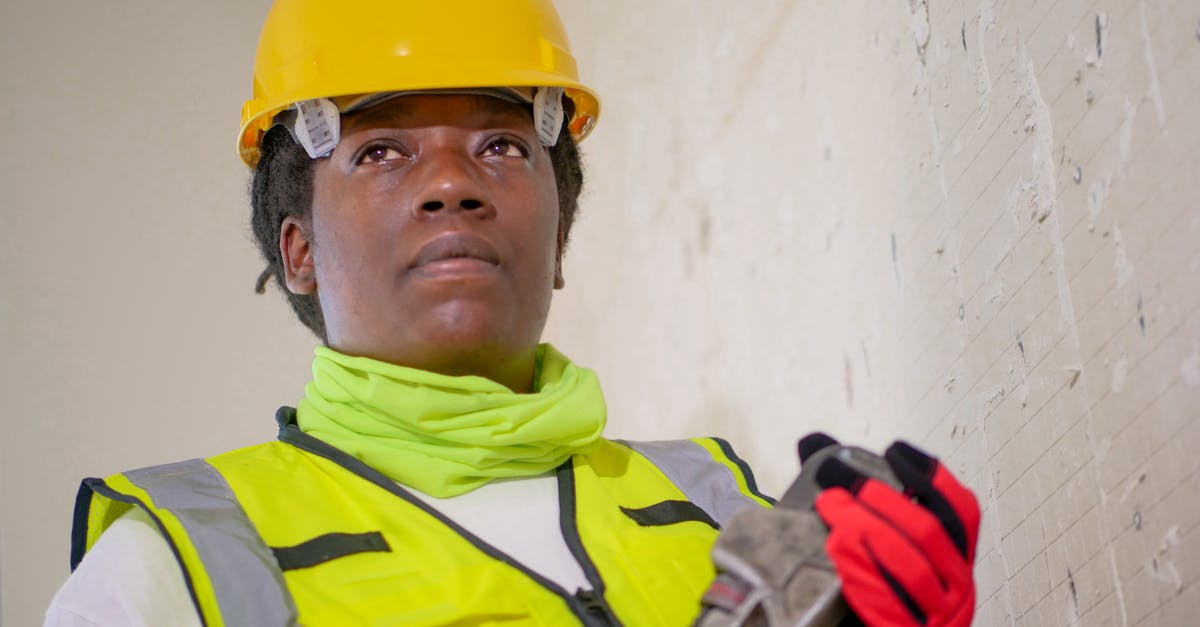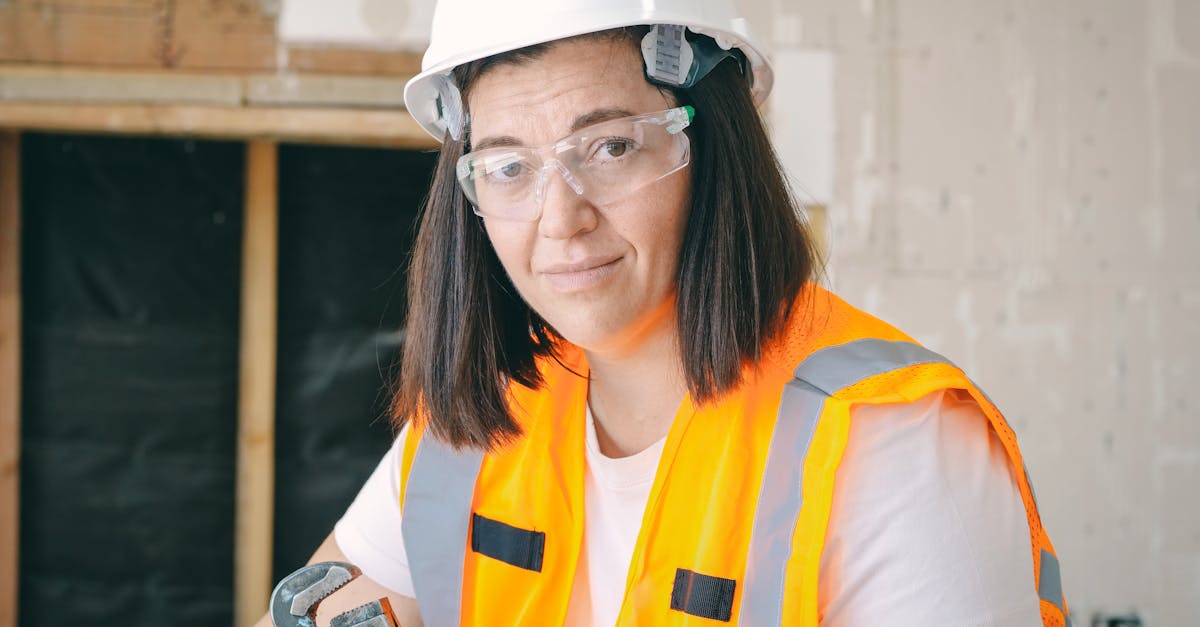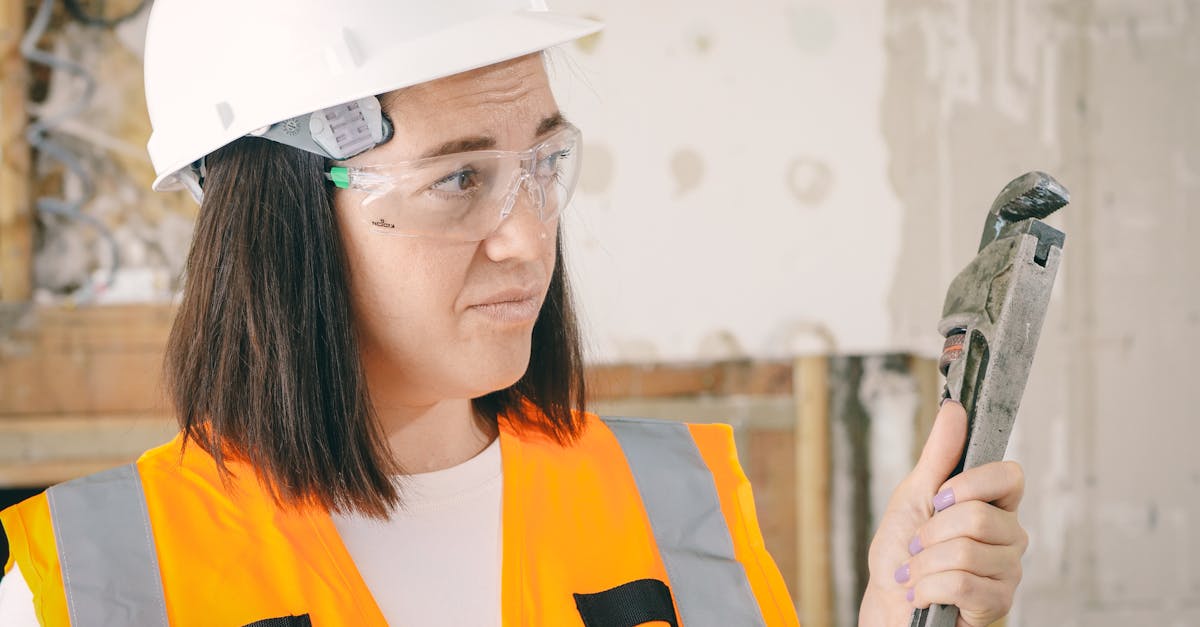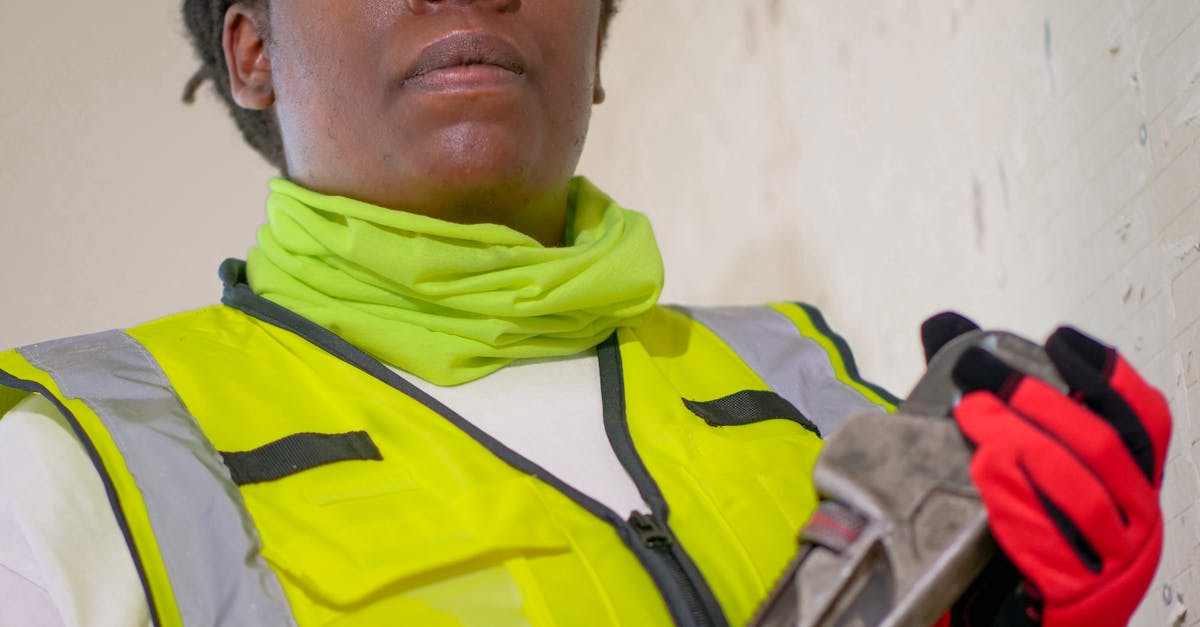
Table Of Contents
DIY vs. Professional Repair
Many homeowners consider tackling water heater installation and repair as a cost-effective solution to their hot water issues. DIY repairs can save money on labour costs and allow individuals to be hands-on with their home maintenance. With the right tools and basic plumbing knowledge, some common problems, like thermostat replacements or heating element swaps, may be manageable. Online tutorials and videos can provide guidance, making it an appealing option for those who are confident in their skills.
However, certain repairs require expertise to ensure safety and compliance with local regulations. Professional plumbers or technicians possess the necessary training to diagnose complex issues accurately. They can also offer warranties on their work, providing peace of mind. Relying on professionals for water heater installation and repair can minimise risks associated with improper handling of equipment, particularly in gas or electrical systems.
Weighing Your Options
When considering whether to repair or replace your hot water heater, evaluating the costs associated with each option is crucial. Repairing your current unit may seem like the more economical choice, especially if the damage is minor. However, frequent repairs can add up over time, potentially surpassing the expense of a new water heater installation and repair. It’s important to assess the age of the unit, how often it has required repairs, and its overall efficiency before making a decision.
Another factor to consider is the potential for energy savings with a newer model. Older water heaters are often less efficient, leading to higher utility bills. A modern unit may offer better energy ratings and features that could save you money in the long run. Balancing the upfront cost of a new water heater installation and repair against future savings can help you make a more informed choice.
Impact of Water Quality
Water quality plays a significant role in the longevity and efficiency of a hot water heater. Hard water, which is prevalent in many Australian households, contains high levels of minerals like calcium and magnesium. Over time, these minerals can accumulate, leading to sediment build-up in the tank. This not only reduces the heater's efficiency but can also accelerate the wear and tear on its components, increasing the likelihood of eventual breakdowns.
In regions with particularly harsh water conditions, homeowners often need to consider water heater installation and repair as part of their maintenance strategy. Regularly flushing the tank and using water softeners can mitigate the damaging effects of hard water. Ignoring these factors may lead to more frequent repairs, higher energy costs, and potentially costly replacements that could have been avoided with proactive measures.
How Hard Water Affects Your Heater
Hard water contains a high concentration of minerals, particularly calcium and magnesium. Over time, these minerals can accumulate within your hot water heater, leading to the formation of scale. This buildup reduces the efficiency of the unit and can lead to premature wear and tear. In regions with hard water, water heater installation and repair may become more frequent due to these corrosive effects, which can impact your long-term maintenance costs.
When scale develops, it can also hinder the heating elements, forcing the system to work harder to achieve the desired temperature. This excessive strain may increase energy consumption, resulting in higher utility bills. Regular maintenance can help mitigate these issues. However, for households frequently dealing with hard water, investing in a water softener might be a sensible option to protect the well-being of the heater and extend its lifespan.
Warranty and Insurance Factors
When considering whether to repair or replace your water heater, it's important to review any existing warranties or insurance coverage you may have. Many water heaters come with manufacturer warranties that can cover repairs or replacements within a specific period. Understanding the terms of these warranties can help you make a more informed decision and save costs when unexpected issues arise. Likewise, home insurance policies may offer protection for appliance breakdowns, which can also influence your choice.
When evaluating your options, factor in the extent of the coverage and any deductibles that might apply. Some policies might only cover specific types of damages, while others could provide a broader scope, including water damage caused by the heater itself. Knowing what your warranty or insurance covers will significantly impact the financial feasibility of water heater installation and repair. Always keep documentation handy to streamline the process if repairs are needed, ensuring that you can take full advantage of any potential benefits.
Understanding Your Coverage
When considering whether to repair or replace a hot water heater, understanding your warranty and insurance coverage is essential. Most manufacturers provide a warranty that covers specific components and defects, but it often doesn’t extend to damage caused by neglect or external factors. Reviewing the terms of your warranty can clarify what repairs are eligible for coverage, which helps in determining if water heater installation and repair would be financially sensible.
Insurance policies can also play a crucial role in your decision-making process. Home insurance may cover damage caused by a faulty water heater or certain types of mishaps, but this varies by policy. It’s advisable to consult your insurance provider to gain insight into what aspect of water heater installation and repair might be covered. Knowing the extent of your coverage can guide you in assessing whether to go for a repair or invest in a new unit altogether.
FAQS
What are the common signs that my hot water heater needs repair?
Common signs include inconsistent water temperature, strange noises coming from the unit, leaking water, and discoloured or foul-smelling water.
How do I decide between DIY repair and hiring a professional?
Consider your skill level, the complexity of the issue, and the potential cost. If you're comfortable with basic plumbing and the repair seems straightforward, DIY may be an option. For more complex issues or if you're unsure, hiring a professional is advisable.
How does water quality affect the lifespan of my hot water heater?
Poor water quality, especially hard water, can lead to mineral buildup inside the heater, which can decrease efficiency and shorten its lifespan. Regular maintenance may be required to counteract these effects.
What should I know about warranties and insurance when repairing a hot water heater?
Check your warranty to see if repairs are covered and under what conditions. Additionally, review your home insurance policy, as some policies may cover water damage caused by a failing heater.
Is it cost-effective to repair an old hot water heater instead of replacing it?
It depends on the age of the heater, the cost of repairs, and the potential savings on energy bills. If the repairs are significant and the heater is nearing the end of its lifespan, replacement may be the more cost-effective choice.






